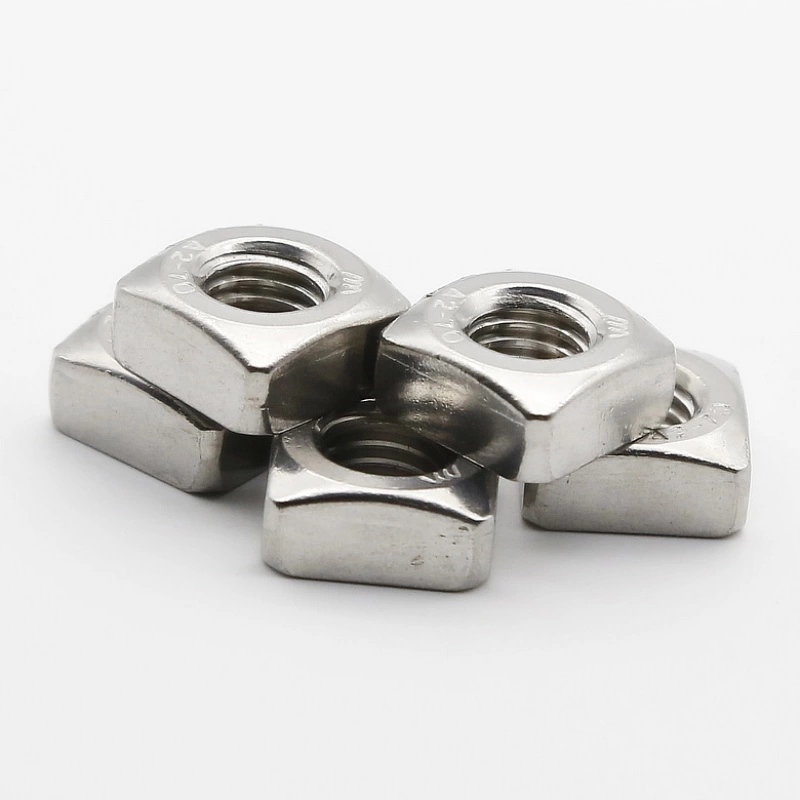

Self-Drilling Screws for Steel Beams in Construction Applications and Structural Support
Dec . 04, 2024 14:14 Back to list
Self-Drilling Screws for Steel Beams in Construction Applications and Structural Support
Self-Tapping Screws for Steel Beams A Comprehensive Overview
In the world of construction and structural engineering, the choice of fasteners is crucial for ensuring the longevity, strength, and safety of structures. Among the various types of fasteners available, self-tapping screws have gained popularity for their versatility and efficiency, particularly when it comes to joining steel beams. This article will delve into the characteristics, advantages, and applications of self-tapping screws specifically designed for steel beams.
Self-tapping screws are a type of fastener that can create their own mating thread in pre-drilled or even pre-existing holes in materials. This capability makes them particularly useful in constructions where time and precision are paramount. When it comes to steel beams, self-tapping screws enable quick assembly without the need for additional tapping operations, thereby accelerating the construction process.
Characteristics of Self-Tapping Screws for Steel
Self-tapping screws designed for steel beams typically feature a hardened steel construction, allowing them to effectively penetrate the tough material of the steel beams. These screws often have a sharp, spiral point that helps them initiate their own threading as they are driven in, minimizing the risk of material distortion around the screw hole. Additionally, they may possess specialized coatings, such as zinc plating, to enhance corrosion resistance—an essential feature when working in environments exposed to moisture or chemicals.
The drive types of self-tapping screws can vary, with options including Phillips, square, and Torx heads. Each drive type has its own advantages, influencing torque application and the ease of driving the screws. For steel applications, choosing the appropriate drive type is crucial, as it impacts the ability to apply sufficient torque without stripping the screw head.
Advantages of Using Self-Tapping Screws
1. Time-Efficiency One of the standout benefits of self-tapping screws is their time-saving potential. Conventional fastening methods, such as drilling and tapping, require separate operations that can slow down construction projects. With self-tapping screws, these processes are integrated, allowing for rapid assembly.
2. Reduced Workload Using self-tapping screws minimizes the tools and equipment needed on site. There is no need for a tap set, which not only reduces costs but also the amount of equipment workers need to manage.
self tapping screws for steel beam

3. Versatility Self-tapping screws can be implemented in various applications, from metal framing to securing structural components. This versatility makes them suitable for both commercial and residential projects.
4. Reliability When properly installed, self-tapping screws can offer strong, durable connections that resist shear and tensile forces, making them a reliable choice for heavy-duty applications involving steel beams.
5. Ease of Use Modern self-tapping screws are designed for ease of use, often requiring standard power tools, which means less specialized training for workers on-site.
Applications in Structural Engineering
In structural engineering, self-tapping screws are utilized in a myriad of applications involving steel beams. They are regularly employed in steel framing, where they anchor beams to vertical columns or horizontal members. They are also used for connecting steel plates, securing brackets, and fastening various components in steel structures such as buildings, bridges, and industrial setups.
Moreover, the use of self-tapping screws is increasingly seen in pre-engineered buildings, where steel frames need to be erected swiftly. Their ability to provide immediate fastening solutions contributes significantly to the rapid construction timelines often demanded in commercial environments.
Conclusion
Self-tapping screws are a pivotal component in modern construction, especially concerning steel beams. Their efficient design simplifies the fastening process, enhances construction speed, and ensures robust connections which are essential for structural integrity. Whether utilized in residential or commercial construction, self-tapping screws stand as a testament to the advancements in fastening technology, combining strength with ease of use to meet the diverse needs of the construction industry. As projects continue to evolve, the importance of reliable and efficient fastening methods like self-tapping screws will undoubtedly remain significant.
Latest news
-
Hot Dip Galvanized Bolts-About LongZe|High Strength, Corrosion Resistance
NewsJul.30,2025
-
High-Strength Hot Dip Galvanized Bolts - Hebei Longze | Corrosion Resistance, Customization
NewsJul.30,2025
-
Hot Dip Galvanized Bolts-Hebei Longze|Corrosion Resistance&High Strength
NewsJul.30,2025
-
High-Strength Hot-Dip Galvanized Bolts-Hebei Longze|Corrosion Resistance&High Strength
NewsJul.30,2025
-
Hot Dip Galvanized Bolts-Hebei Longze|Corrosion Resistance&High Strength
NewsJul.30,2025
-
Hot Dip Galvanized Bolts - Hebei Longze | Corrosion Resistance, High Strength
NewsJul.30,2025

